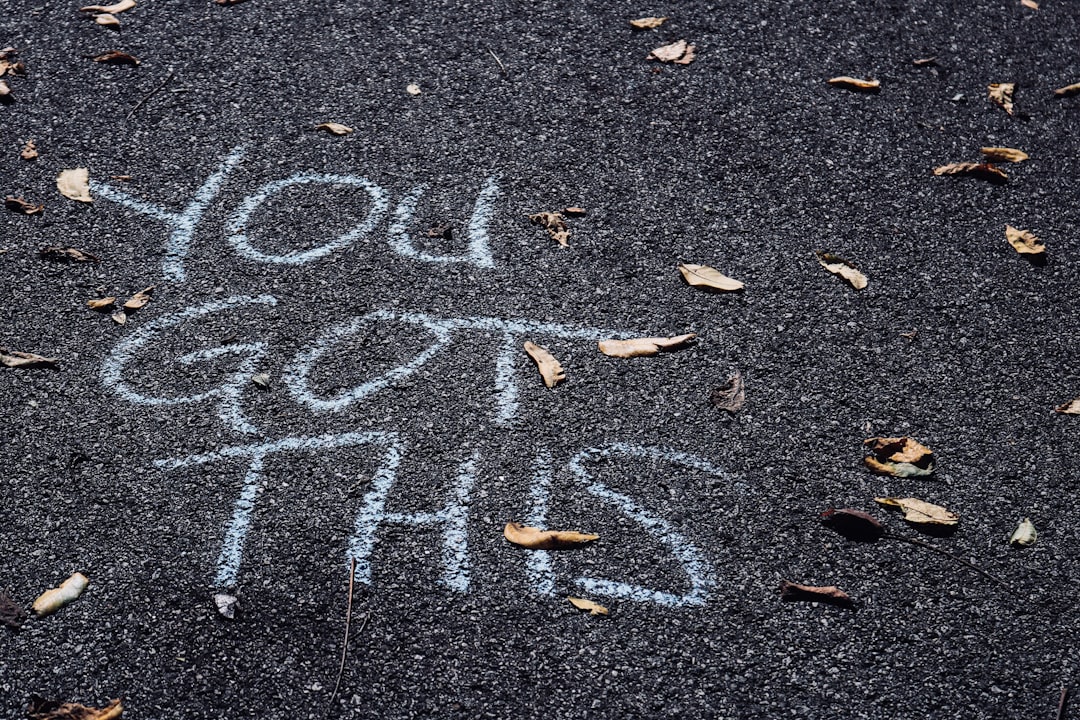October 15, 2025
Discover effective coping strategies for managing high-pressure stress and improving mental health | Integrative Psych

Navigating the intricate dance of modern life often places individuals in high-pressure environments, leading to stress that can seem insurmountable. As distinguished mental health clinicians and academic leaders, we understand the complexities involved in managing high-pressure stress and its impact on mental well-being. This article explores evidence-based coping strategies designed to foster resilience, improve stress management, and maintain mental health in the face of overwhelming demands.
Stress is a natural response to challenging situations, but when it becomes chronic, it can significantly impair mental and physical health. High-pressure stress, often experienced by corporate executives, freelance writers, and professionals in demanding fields, can lead to anxiety, depression, and even high blood pressure. Understanding the nature of stress and recognizing its symptoms is the first step toward effective management.
The correlation between stress and hypertension is well-documented. While stress itself may not directly cause long-term high blood pressure, it can lead to behaviors that increase blood pressure, such as poor diet, alcohol consumption, and lack of exercise. Moreover, stress hormones like cortisol can temporarily increase blood pressure by causing your heart to beat faster and your blood vessels to narrow.

Adopting a holistic approach to stress management involves integrating both traditional and contemporary therapeutic techniques. Here are several strategies that have proven effective in reducing high-pressure stress:
Mindfulness practices, including meditation, have gained substantial evidence for their efficacy in reducing stress and anxiety. By focusing on the present moment and cultivating a non-judgmental awareness of your thoughts and feelings, mindfulness can decrease stress levels and enhance emotional regulation.
CBT is a widely used therapeutic approach that helps individuals identify and challenge negative thought patterns that contribute to stress and anxiety. By restructuring these thoughts, CBT can lead to more adaptive coping strategies and improved mental health.
Regular physical activity and a balanced diet are vital components of stress management. Exercise releases endorphins, the body's natural mood elevators, while proper nutrition supports overall mental and physical health.
Sleep is crucial for mental health and stress management. Poor sleep can increase stress levels and negatively impact cognitive function and emotional regulation.
Integrative Psych advocates for personalized, multi-modal interventions tailored to individual needs. By combining traditional therapies with innovative approaches, we can address the unique challenges faced by those in high-pressure environments.
Integrative Psych emphasizes a comprehensive treatment model that includes psychotherapy, medication management, lifestyle modifications, and complementary therapies. This approach is particularly effective in treating conditions like ADHD, depression, and anxiety.
Managing high-pressure stress requires a multifaceted approach that integrates evidence-based practices with compassionate care. By adopting mindfulness, CBT, physical activity, and personalized therapy, individuals can develop resilience, improve stress management skills, and maintain mental well-being in even the most demanding environments.
Remember, seeking professional help and implementing these strategies is not a sign of weakness but a proactive step toward achieving sustainable mental health and optimal performance. As we continue to advance psychiatric care, embracing a holistic approach remains crucial in addressing the complexities of modern stressors and promoting a healthier, more balanced life.

We're now accepting new patients
